Tankless hot water heater, also known as on-demand water heaters, are becoming increasingly popular in many households due to their energy efficiency and space-saving design. Unlike traditional water heaters, tankless hot water heaters heat water directly without the use of a storage tank. This means that they can provide a continuous supply of hot water, making them a convenient and cost-effective option for many homeowners. In this comprehensive guide, we will explore everything you need to know about tankless hot water heaters, including how they work, their benefits, installation and maintenance, as well as tips for choosing the right unit for your home.
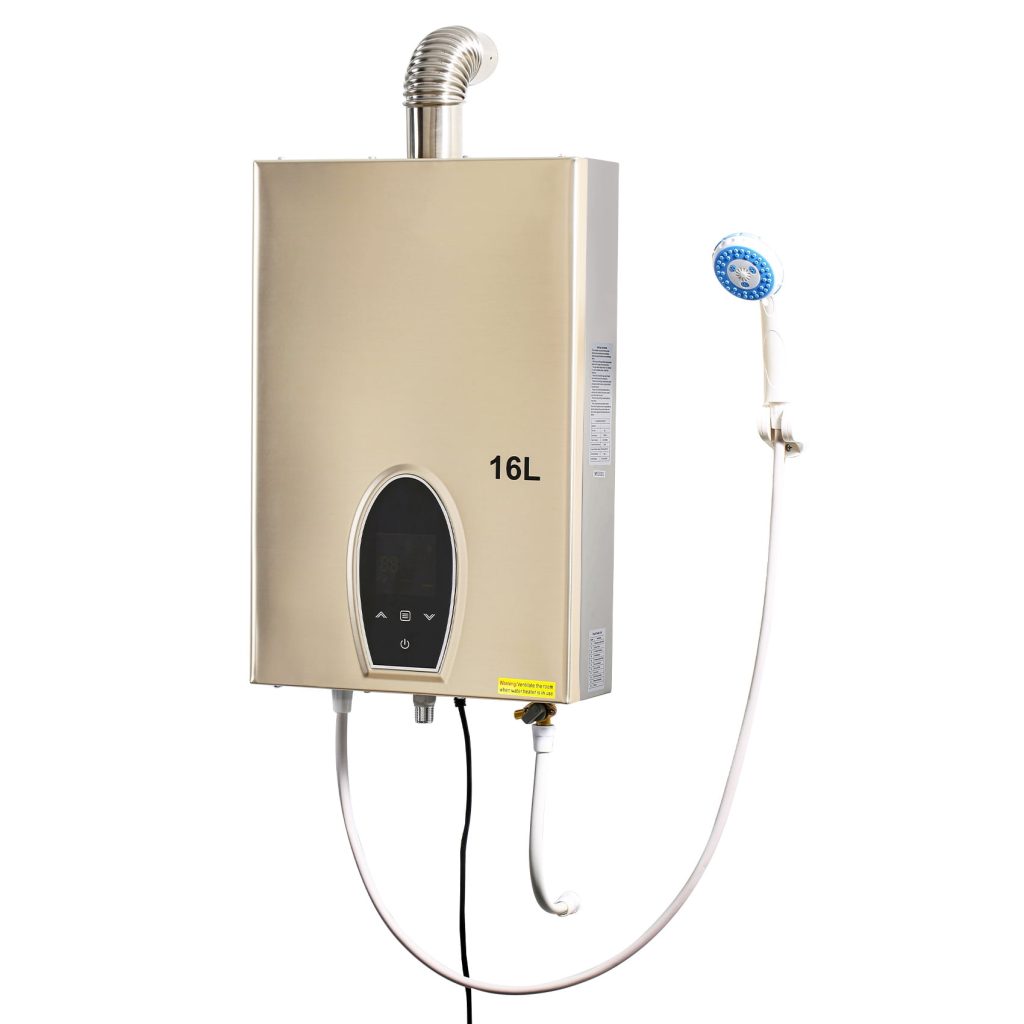
How Do Tankless Hot Water Heaters Work?
Tankless hot water heaters operate by heating water directly as it flows through the unit, without the need for a storage tank. When a hot water tap is turned on, cold water enters the heater and is quickly heated by a heating element or a gas burner. This process allows for an instant and continuous supply of hot water, eliminating the need to wait for a storage tank to fill up and heat the water. Once the hot water tap is turned off, the tankless hot water heater stops heating the water, which reduces energy consumption and utility costs.
Benefits of Tankless Hot Water Heaters
There are several benefits to using a tankless hot water heater in your home. These include:
- Energy Efficiency: Tankless hot water heaters are more energy-efficient than traditional storage tank water heaters. They only heat water when it is needed, which reduces standby energy loss and can result in significant energy savings.
- Continuous Hot Water Supply: With a tankless hot water heater, you never have to worry about running out of hot water. The unit can provide a continuous supply of hot water, making it ideal for larger households or homes with high hot water demand.
- Space-Saving Design: Tankless hot water heaters are much smaller and more compact than traditional water heaters with storage tanks, freeing up space in your home.
- Longevity: Tankless hot water heaters typically have a longer lifespan than traditional water heaters, lasting up to 20 years with proper maintenance.
- Reduced Risk of Water Damage: Since tankless hot water heaters do not have a storage tank, there is no risk of leaks or water damage from a burst tank.
Installation and Maintenance
When it comes to installing a tankless hot water heater, it is best to hire a professional to ensure that the unit is correctly sized and installed for your specific hot water needs. Proper installation is essential for optimal performance and energy efficiency. Additionally, regular maintenance is crucial to keeping your tankless hot water heater in good working condition. This includes descaling the unit to remove mineral deposits, checking for leaks, and ensuring that all components are functioning properly. It is also important to follow the manufacturer’s maintenance guidelines to prolong the lifespan of your tankless hot water heater.
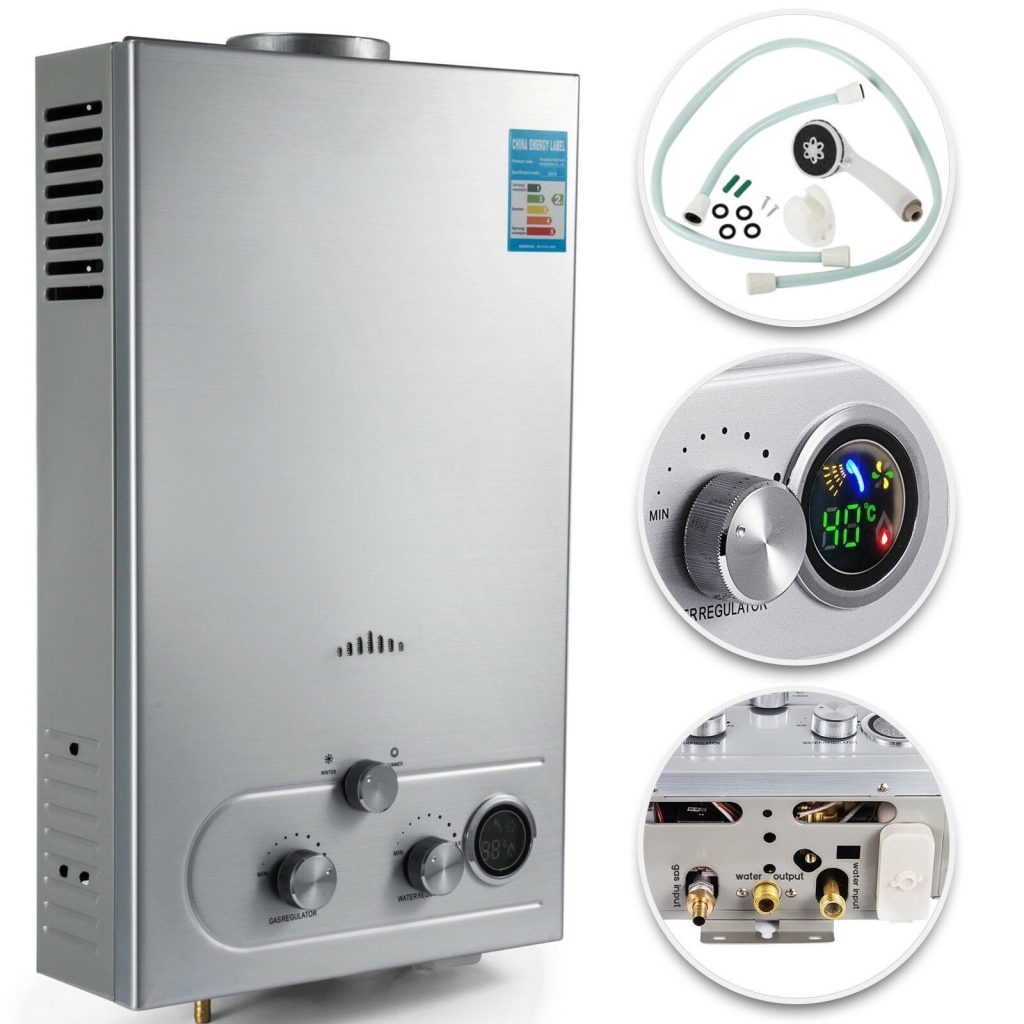
Choosing the Right Tankless Hot Water Heater
When selecting a tankless hot water heater for your home, there are several factors to consider. These include:
- Hot Water Demand: Consider the hot water demand in your household to determine the appropriate size and capacity of the tankless hot water heater. Larger households with higher hot water usage will require a unit with a higher flow rate.
- Energy Source: Tankless hot water heaters can be powered by electricity or gas. Consider the availability and cost of the energy source in your area when choosing a unit.
- Space and Installation Requirements: Take into account the available space for installation and any specific installation requirements when selecting a tankless hot water heater.
- Efficiency and Features: Look for energy-efficient models with desirable features such as adjustable temperature settings, digital controls, and safety features.
Selection tips for tankless hot water heater
A tankless hot water heater, also known as an on-demand water heater, is a modern and efficient alternative to traditional water heaters. They provide hot water on demand, eliminating the need for a storage tank and allowing for continuous hot water supply.
Before you start researching tankless hot water heaters, it is important to understand your hot water needs. Consider the following factors:
- Number of occupants in your household or users in your business
- The peak hot water demand, such as during morning showers or laundry
- The temperature of the incoming water
- Any additional hot water needs, such as for a spa or dishwasher
By understanding these factors, you can determine the appropriate size and capacity of the tankless hot water heater that will meet your hot water demands.
Fuel Type
Tankless hot water heater are available in electric, gas, and propane models. The fuel type you choose will depend on factors such as availability, cost, and installation requirements.
Electric tankless hot water heaters are often smaller and easier to install, making them a popular choice for smaller households or spaces with limited access to gas lines. However, they may have higher operating costs, especially in areas with expensive electricity rates.
Gas and propane tankless hot water heaters are known for their energy efficiency and cost-effectiveness, especially in areas with lower gas or propane rates. They are also capable of providing a higher flow rate, making them suitable for larger households with higher hot water demands.
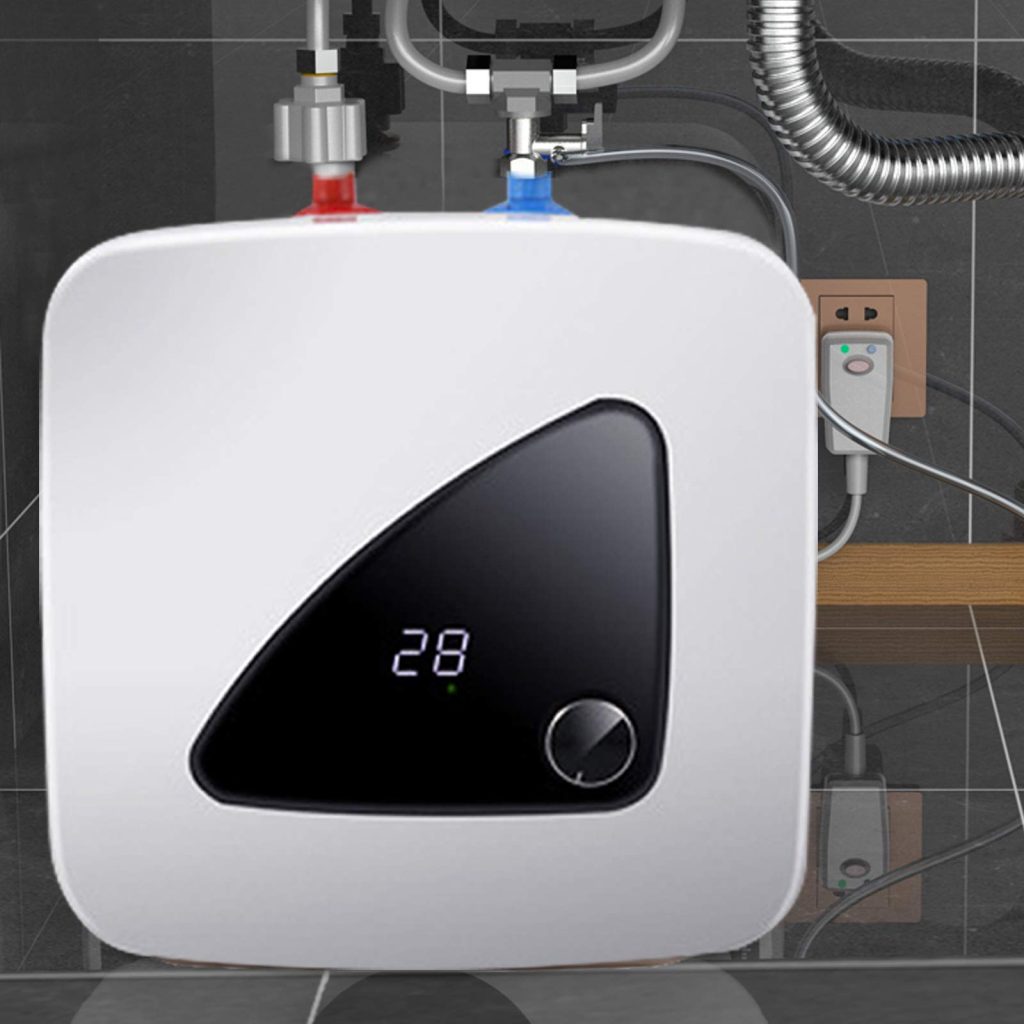
Energy Efficiency
One of the main advantages of tankless hot water heaters is their energy efficiency. Unlike traditional water heaters that continuously heat and reheat water in a storage tank, tankless hot water heaters only heat water when it is needed. This can result in significant energy savings and lower utility bills.
When evaluating the energy efficiency of a tankless hot water heater, look for the Energy Factor (EF) rating. The EF rating is a measure of a water heater’s overall energy efficiency, taking into account standby losses and cycling losses. A higher EF rating indicates greater energy efficiency.
Additionally, some tankless hot water heaters may be ENERGY STAR certified, meeting strict energy efficiency guidelines set by the U.S. Environmental Protection Agency. Choosing an ENERGY STAR certified tankless hot water heater can ensure that you are investing in a highly efficient and environmentally friendly appliance.
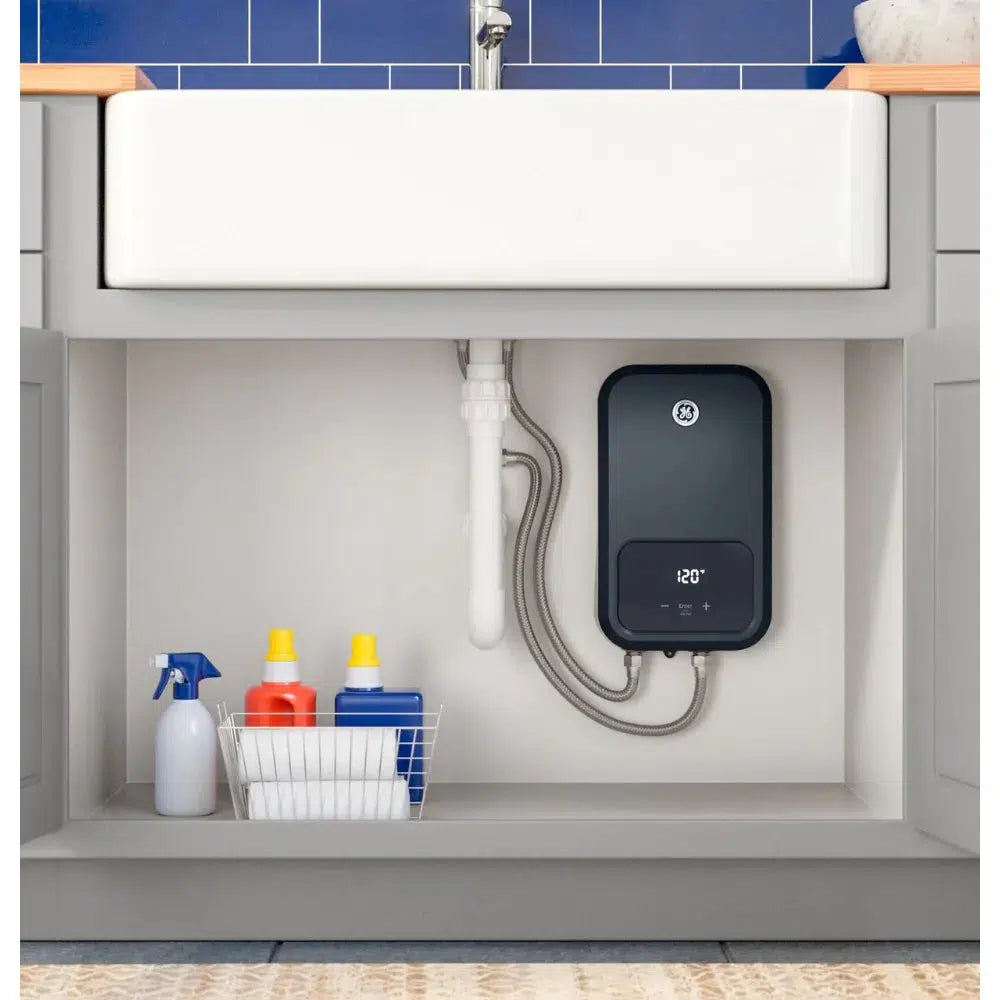
Flow Rate
The flow rate of a tankless hot water heater refers to the amount of hot water it can deliver per minute. This is an important consideration, especially for households with multiple users or simultaneous hot water needs.
To determine the appropriate flow rate for your tankless hot water heater, consider the peak hot water demand in your home or business. For example, a shower may require a flow rate of 2.5 gallons per minute (GPM), while a dishwasher may require 1.5 GPM. By adding up the simultaneous hot water needs, you can calculate the total flow rate required for your tankless hot water heater.
It is important to note that the flow rate of a tankless hot water heater can vary based on the inlet water temperature and desired output temperature. For colder regions, where the inlet water temperature is lower, a higher flow rate may be needed to achieve the desired hot water output.
Installation Requirements
Before purchasing a tankless hot water heater, consider the installation requirements and compatibility with your existing plumbing and electrical systems. Some key factors to consider include:
- Available space for installation
- Venting requirements for gas or propane models
- Electrical requirements for electric models
- Upgrading or retrofitting of gas lines or electrical circuits
- Permits or local building codes
It is advisable to consult with a qualified plumber or HVAC professional to assess the feasibility of installing a tankless hot water heater in your home or business. They can provide valuable insights and recommendations based on your specific installation requirements.
Warranty and Maintenance
When selecting a tankless hot water heater, consider the warranty and maintenance requirements. A longer warranty period can provide added protection and peace of mind, especially for a significant investment such as a water heater.
Additionally, inquire about the maintenance requirements and recommendations for your chosen tankless hot water heater. Regular maintenance, such as descaling and flushing, is essential for ensuring optimal performance and longevity of the unit. Understanding the maintenance needs upfront can help you plan for ongoing upkeep and avoid potential issues in the future.
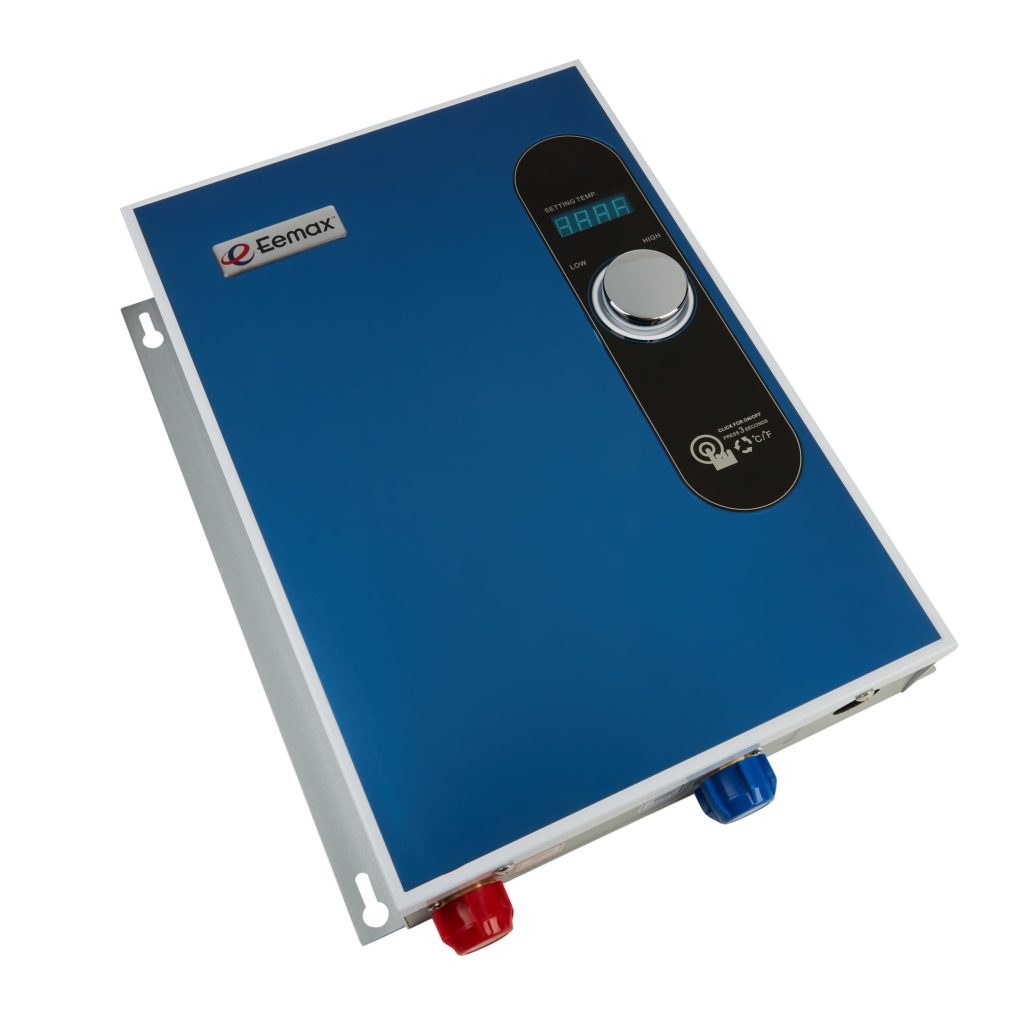
Conclusion
Tankless hot water heaters offer numerous benefits, including energy efficiency, space-saving design, and a continuous supply of hot water. By understanding how these units work, their benefits, installation and maintenance requirements, and how to choose the right unit for your home, you can make an informed decision about whether a tankless hot water heater is the right choice for your household. With the proper installation and maintenance, a tankless hot water heater can provide years of cost-effective and reliable hot water for your home.
